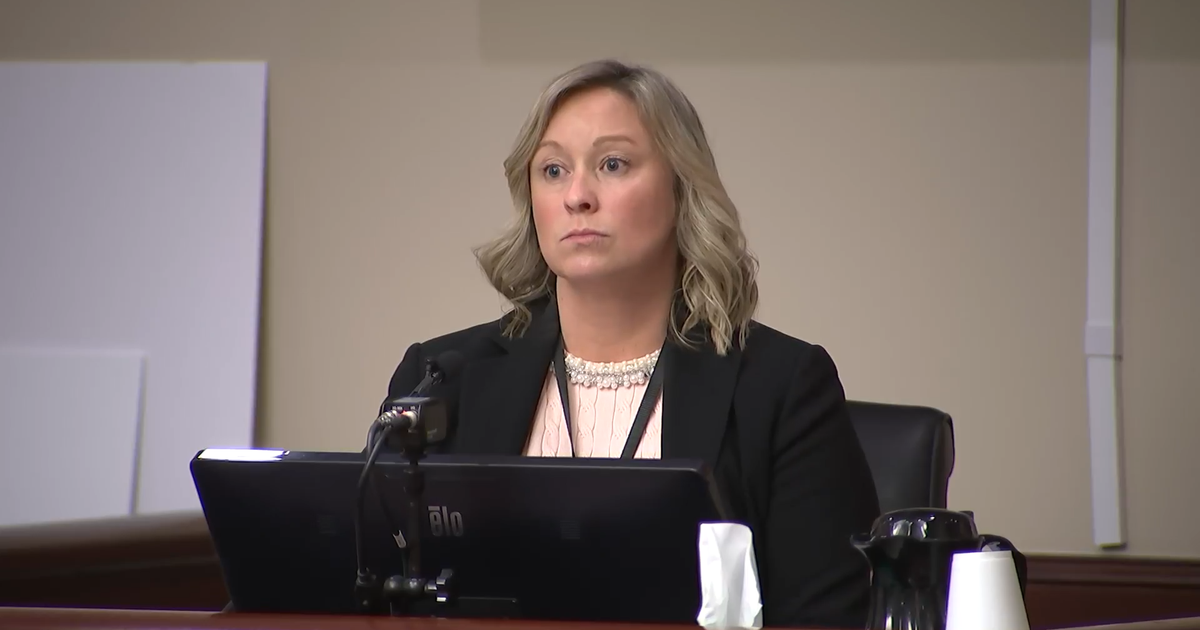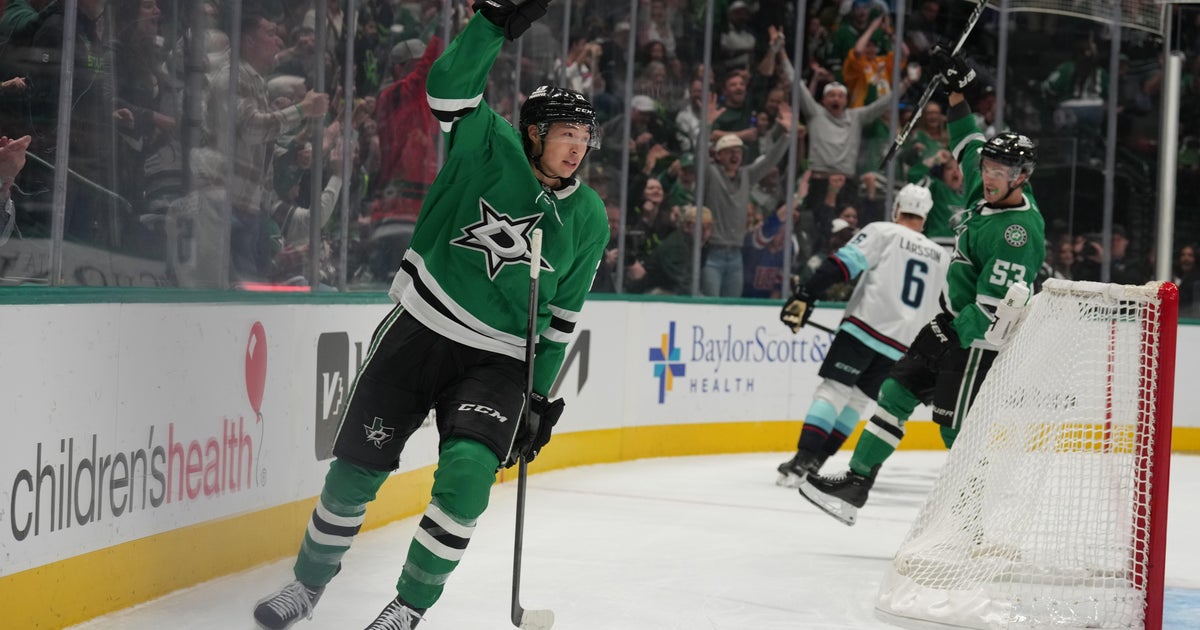World Series Game Three Most Important In Series
There are a lot of storylines for Game Three of the 2013 World Series between the Boston Red Sox and the St. Louis Cardinals, but perhaps not enough experts and fans focus on the historical performance data when trying to figure out who will win next.
And with good reason, perhaps: there are so many variables in terms of team players, stadium variations, seasonal trends, etc.
Yet those numerous variables also are exactly why the historical data matters: all the variations invariably invalidate each other — leaving us with a lot of good historical numbers to look at. And you know the old saying about those who ignore history...
So what do we know about Game Threes in World Series history? Take a look at the following and decide for yourself:
- When the home team wins Game One and loses Game Two, it has a 14-10 record in Game Three on the road but just a 50 percent chance of winning the Series overall. In plainer terms, teams in Boston's current position have won the championship 12 times out of 24;
- Overall, teams that win Game One and lose Game Two, regardless of where the opening games were played, have a 34-19 record in Game Three, but again just a 47 percent chance of winning the championship in the end. Historically, it's a 25-28 series record for teams like the Red Sox right now;
- Finally, home teams that split the first two games (regardless of order) are 22-25 in Game Three on the road. Yet those teams also have a 55 percent chance of winning the Series in the end. Twenty-six times out of 47 World Series with a split in the first two games has a team like Boston endured in the end.
What do these numbers tell us? A lot and nothing. Astute minds realize the third group of numbers include the first group's data, and the first statistical set above is the most specific and relevant to the 2013 Series.
So we still have a 50-50 proposition for predicting the eventual champion here. To paraphrase Shakespeare, perhaps statistics are a tale, told by an idiot, full of sound and fury, signifying... nothing.
Boston sends veteran Jake Peavy to the mound in St. Louis, where the Cardinals counter with another youngster, Joe Kelly. Neither pitcher has thrown the ball particularly well this postseason, however... not even close.
The 32-year-old Peavy has made two starts this October, lasting a combined 8 2/3 innings while surrendering ten hits, three walks and eight runs. His 8.31 ERA this postseason actually represents the best playoff performance of his career, as his two previous ventures into October (coming with the San Diego Padres in 2005 and 2006) produced ERAs of 16.62 and 8.44, respectively. He has never won a postseason start.
On the opposing side, the 25-year-old Kelly hasn't been a lot better. Used only in relief last October by the Cardinals (to the tune of a 2.35 ERA in 7 2/3 innings), the righty has made two starts this October, posting a 4.41 ERA in 16 1/3 innings. He, too, is winless in the postseason for his career.
Something's gotta give, perhaps.
Or maybe it won't, and the bullpens will decide this all-important Game Three. Neither team wants to fall behind 2-1 in the Series, especially the Red Sox, who face three straight games at Busch Stadium. The Cardinals have been stingy with the runs at home, recording a 1.55 ERA in six home games this October, winning five.
For Boston, their 3.30 road ERA in the playoffs this year is very solid. They've won three of five away from Fenway Park so far, including the American League Division Series clincher in Game Four at Tampa Bay and two of three in the AL Championship Series in Detroit where they also had a home split in the first two games before winning the series in Game Six back home.
If pitching wins championships, perhaps St. Louis has a slight edge for this Game Three, and considering the fact they are at home as well, the Cardinals have to be the favorite to win this pivotal game.
And if the statistics don't lie, St. Louis has won five straight Game Threes in postseason series when they've been tied 1-1, and the Cards have also won ten of their last 11 Game Threes in this same scenario.
This is probably why the Red Sox will win Game Three, of course, because that's how October goes sometimes.
Read more MLB Playoff news here.
Sam McPherson is a freelance journalist and a baseball fanatic. In addition to sports writing, Sam is also a competitive triathlete. His work can be found on a Examiner.com.







